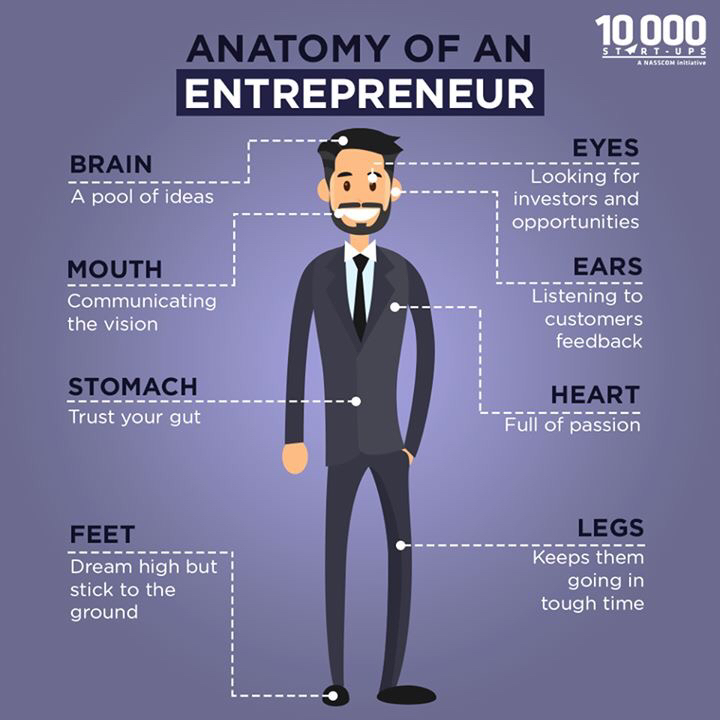Every team needs a leader. The founder of a start-up company is not only the boss, he is also a role model for his employees. He must represent the vision of the company full of passion and conviction and exemplify the corporate culture. But he must also be willing to compromise in order to bring the entire team to one level.
The most important task of the leader is to motivate the whole Team to burn for the idea, to capture the genius or the superstar and to optimally address and motivate the different personalities.
A good team leader or managing director needs the right mixture of start-up spirit and professional or entrepreneurial skills.

He needs a clear vision of where the company is heading, not just within the next year, but where it can be in five or ten years. He must have his finger on the pulse of the times, he must understand the market and recognize trends at an early stage. Many founders are visionaries in their field, but not everyone can convey this picture of the future correctly. It therefore takes communication and motivation skills for all employees and team members to understand that they are working on something big that could change the world.
For this reason, the generalist is challenged. Despite specialization, the leader must be able to bridge the gap between the technical challenge and the general necessities. At all stages of the innovation process, he must hold the reins and keep the overview. This requires the classic generalist, who takes over the project management from a bird’s eye view, as well as the specialist, who has an overview of the topic.
The founders of a start-up must not only be able to understand their business and the market in detail, but must also always keep an eye on the customer’s requirements. They must be able to react flexibly to changes so that the company can grow and retain the dynamism that distinguishes a start-up.
What entrepreneurs can learn from founders
For their own management, traditional companies can therefore state that it is of central importance to look beyond their own company boundaries. There is a lot to be learned from other industries, so in addition to the necessary specialisation, there should also be a broad knowledge of various other areas. Just like the start-up founder, managers must be able to react quickly and draw the appropriate conclusions from changes in the market.
We can learn a lot from start-ups, their teams and their founders, but the most important thing is to be able to join forces with your company. In lectures and workshops I try to consolidate this with the entrepreneurs, because there is often a great fascination with the traditional entrepreneurs for the way startups are led, but not everything is perfect on the side of the young companies either. The art is therefore to identify the best of both worlds and integrate them into your own business model.

